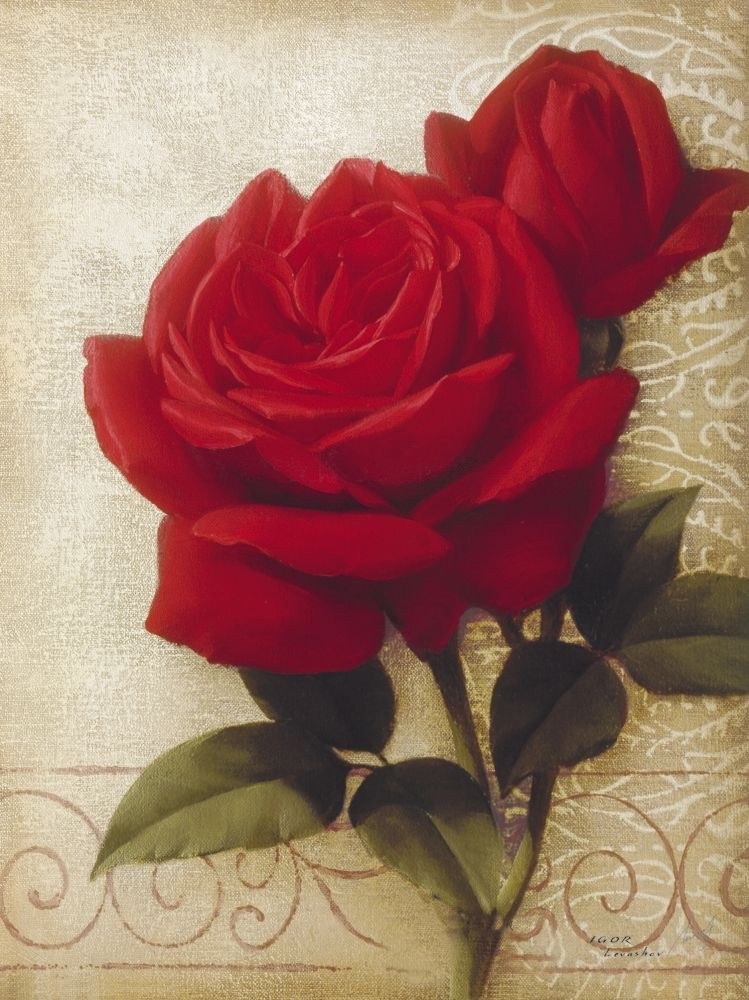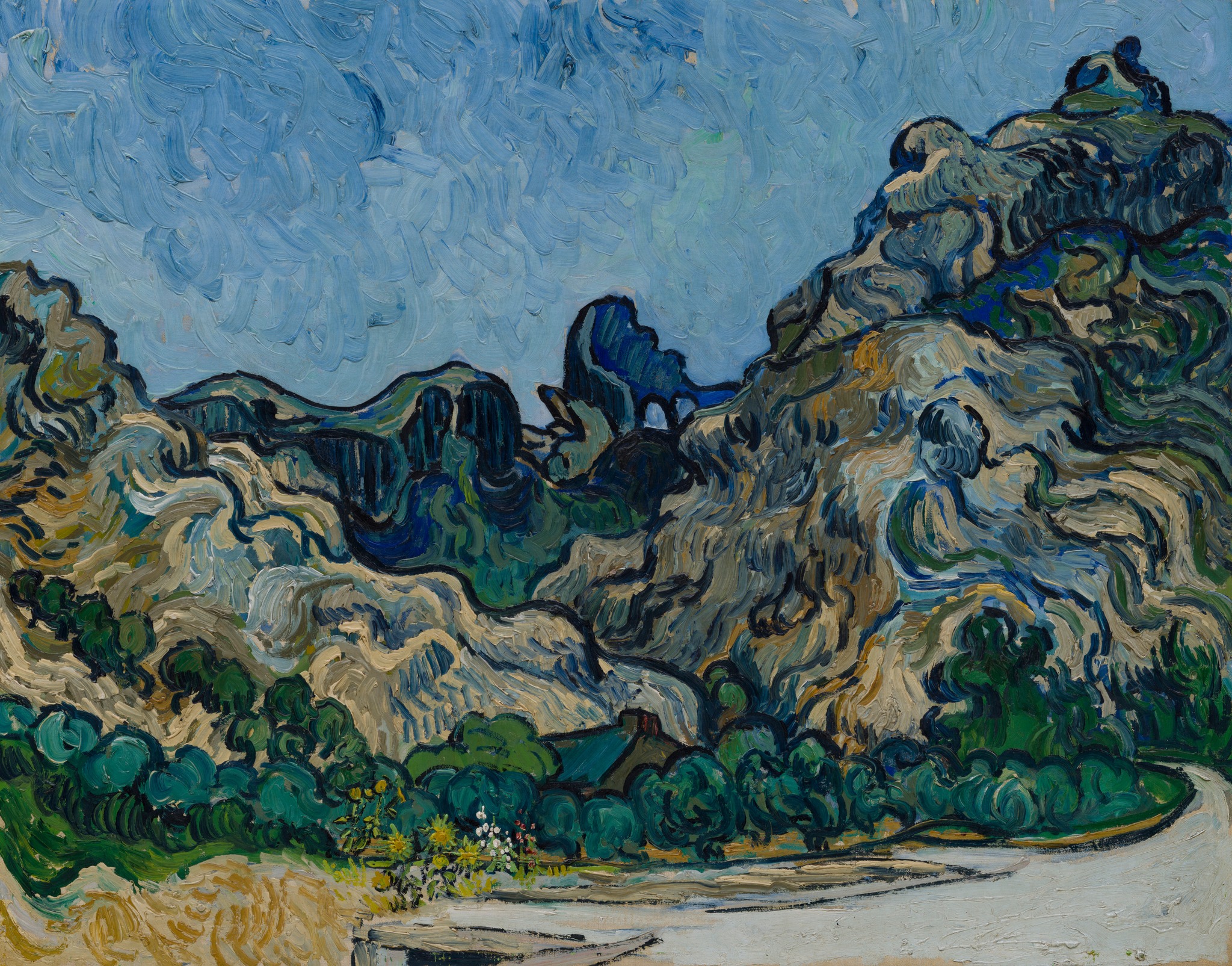The Laundry Boat on the Seine at Asnières exemplifies some of the radical directions emerging from the paintings
Vincent van Gogh (1853-1890) completed in Paris.
In March 1886, Van Gogh left his native Netherlands to reunite with his brother, Theo, in the French capital.
Soon after, he began meeting with several leading avant-garde artists whose works embodied strong reactions against the
Impressionist tendencies that dominated the Parisian art world.
In 1887, Van Gogh took up residence in
Asnières, a northwestern suburb of Paris, and his encounters with
Signac and
Gauguin proved catalytic for the painter's developing practice.
Vincent van Gogh | The Laundry Boat on the Seine at Asnières, 1887 | Virginia Museum of Fine Arts
Gauguin shared Van Gogh's enthusiasm for 19th-century Japanese woodblock prints and emulated their large planes of color in his burgeoning Synthetism and Cloisonnism techniques.
The compositional diagonals and strong contours in this painting recall both the distinctive divisions of the picture plane in Japanese landscapes and Gauguin’s simplified adaptation of these features.
The scene's striking chromatic contrasts and thickly layered brushstrokes also point to Van Gogh's interest in the experiments with complementary colors Seurat and Signac were making in these years.
The restaurant and park scenes and the views of the Seine that Van Gogh completed while living in Asnières began to demonstrate the indelible influence of Synthetism, Divisionism, and
Pointillism even as a unique
Post-Impressionist style was emerging in his paintings.
| Virginia Museum of Fine ArtsThe Laundry Boat on the Seine at Asnières esemplifica alcune delle direzioni radicali emerse dai dipinti completati da
Vincent van Gogh (1853-1890) a Parigi.
Nel marzo 1886, Van Gogh lasciò la natia Olanda per riunirsi al fratello Theo nella capitale francese.
Poco dopo, iniziò a incontrare diversi importanti artisti d'avanguardia le cui opere incarnavano forti reazioni contro le tendenze impressioniste che dominavano il mondo dell'arte parigino.
Nel 1887, Van Gogh si stabilì ad
Asnières, un sobborgo nord-occidentale di Parigi, ed i suoi incontri con
Signac e
Gauguin si rivelarono catalizzatori per la pratica in via di sviluppo del pittore.
Gauguin condivideva l'entusiasmo di Van Gogh per le stampe xilografiche giapponesi del XIX secolo e ne emulò i grandi piani di colore nelle sue fiorenti tecniche di Sintetismo e Cloisonnisme.
Le diagonali compositive e i forti contorni in questo dipinto richiamano sia le divisioni distintive del piano pittorico nei paesaggi giapponesi sia l'adattamento semplificato di queste caratteristiche da parte di
Gauguin.
I contrasti cromatici sorprendenti della scena e le pennellate spesse e stratificate indicano anche l'interesse di
Van Gogh per gli esperimenti con colori complementari che Seurat e Signac stavano facendo in quegli anni.
Le scene del ristorante e del parco e le vedute della Senna che Van Gogh completò mentre viveva ad Asnières iniziarono a dimostrare l'influenza indelebile del sintetismo, del divisionismo e del
puntinismo, anche se uno stile
Post-impressionista unico stava emergendo nei suoi dipinti.
| Virginia Museum of Fine ArtsVincent van Gogh | The restaurant Rispal in Asnières, 1887 | Museo Nelson-Atkins
Vincent van Gogh | Bridges across the Seine at Asnieres, 1887 | Collezione Bührle
Vincent van Gogh | Fishing in spring the Pont de Clichy (Asnieres), 1887 | Art Institute of Chicago
Vincent van Gogh | River Bank in Springtime, 1887 | Dallas Museum of Art
Vincent van Gogh | Restaurant de la Sirène at Asnières, 1887 | Musée d'Orsay
Vincent van Gogh | Fishing in Spring, the Pont de Clichy (Asnières), 1887 | Art Institute of Chicago











.jpg)
.jpg)


































